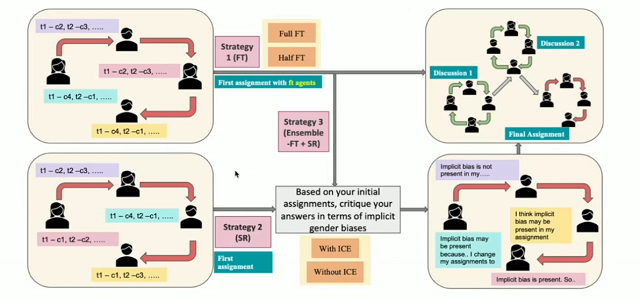
"In the decades since natural language processing (NLP) first emerged as a research field, artificial intelligence has evolved from a linguistic curiosity into a catalyst reshaping how humans think, work, and create. Few people are as qualified to trace that journey, or to imagine what comes next, as Rada Mihalcea, Professor of Computer Science and Engineering and Director of the Michigan AI Lab at the University of Michigan."
"To understand the present, Mihalcea began with a retrospective. When machine translation pioneers like Warren Weaver speculated in the 1940s that languages could simply be "decoded," they imagined a future only a few years away. Yet early attempts revealed the limits of computation without comprehension. The now-famous mistranslation, "The spirit is willing, but the flesh is weak" becoming "The whiskey is strong, but the meat is rotten", captured AI's enduring challenge: meaning is not syntax."
"Fast-forward seventy-five years, and AI systems like GPT-4 or Gemini perform multilingual translation, summarization, and reasoning at near-human levels. But this progress, Mihalcea emphasized, has created a new paradox. The first generation of AI tried to mimic humans; the current one increasingly acts as a mirror, reflecting our own behavior back to us through simulation. The field has moved beyond single models trained to predict text, toward networks of interacting agents that collaborate, negotiate, and even display emergent social behavior."
Natural language processing began as a linguistic research field and progressed from optimistic machine-translation expectations to revealing the limits of computation without comprehension. Early mistranslations illustrated that meaning transcends syntax. Modern large models like GPT-4 and Gemini now deliver near-human translation, summarization, and reasoning, creating a paradox in which AI increasingly mirrors human behavior. The field is shifting from single predictive models to networks of interacting agents that collaborate, negotiate, and exhibit emergent social behavior. Human-AI collaborative intelligence centers on systems that learn with and from people, serving as partners integrated into human work.
Read at Medium
Unable to calculate read time
Collection
[
|
...
]